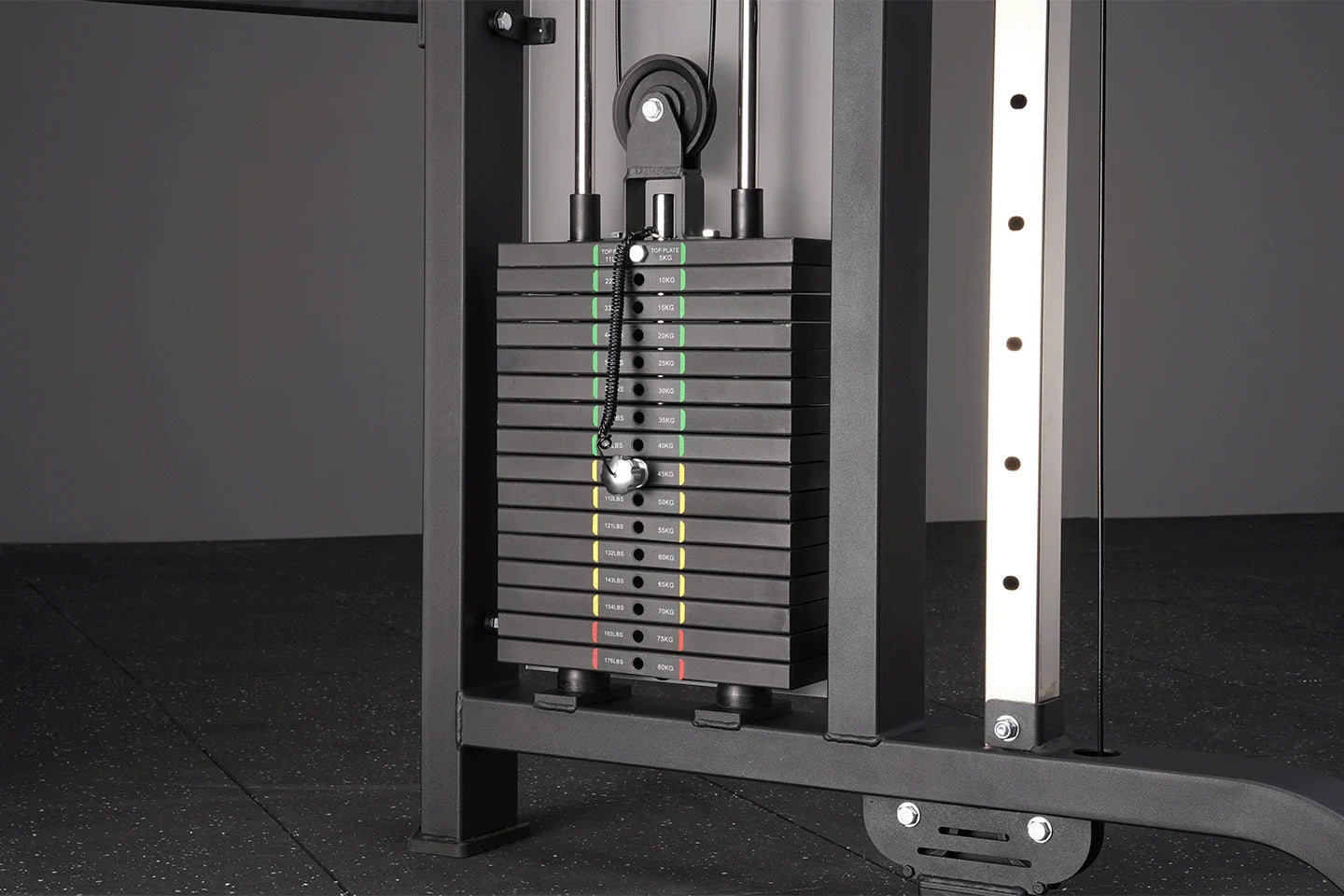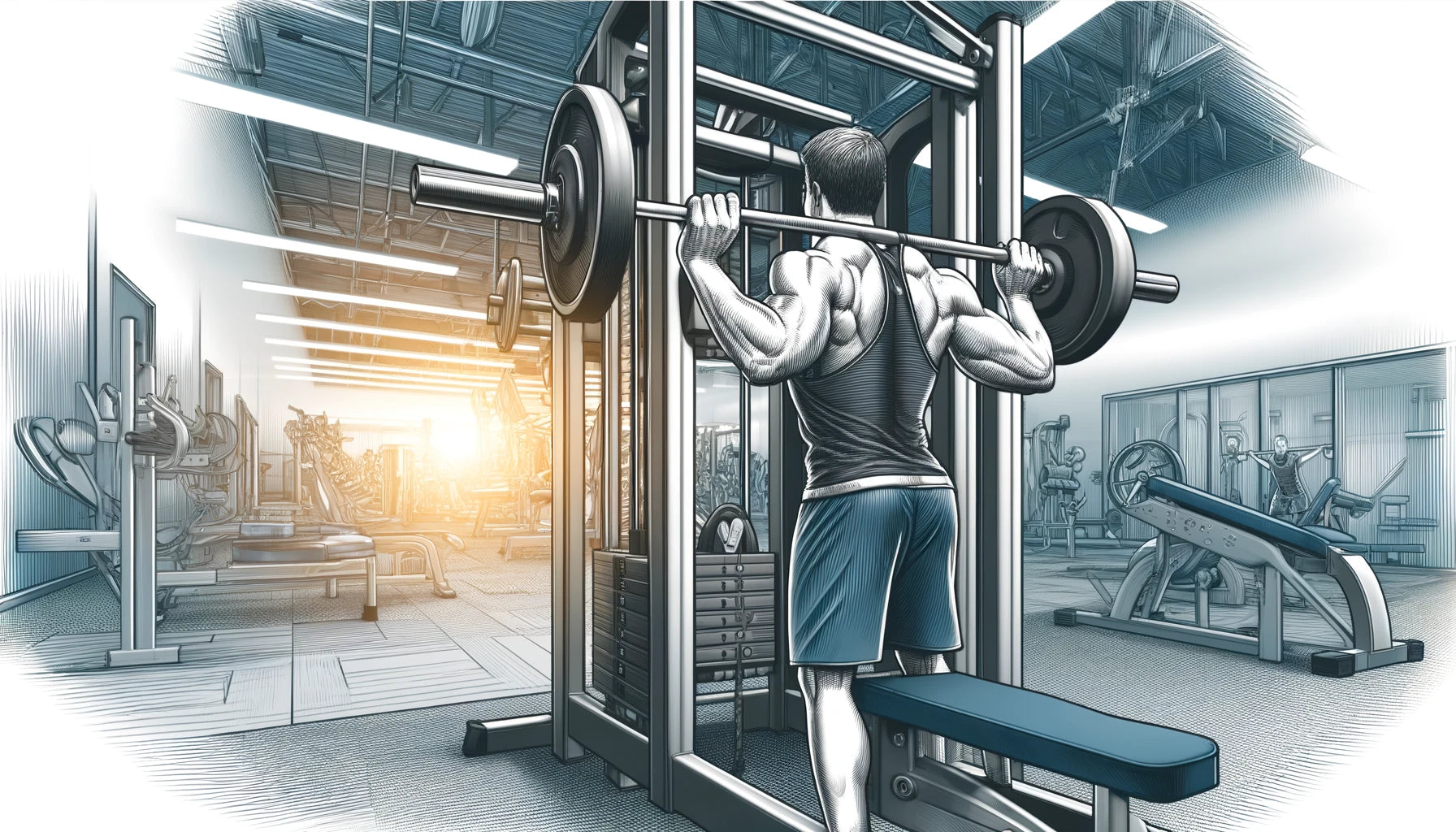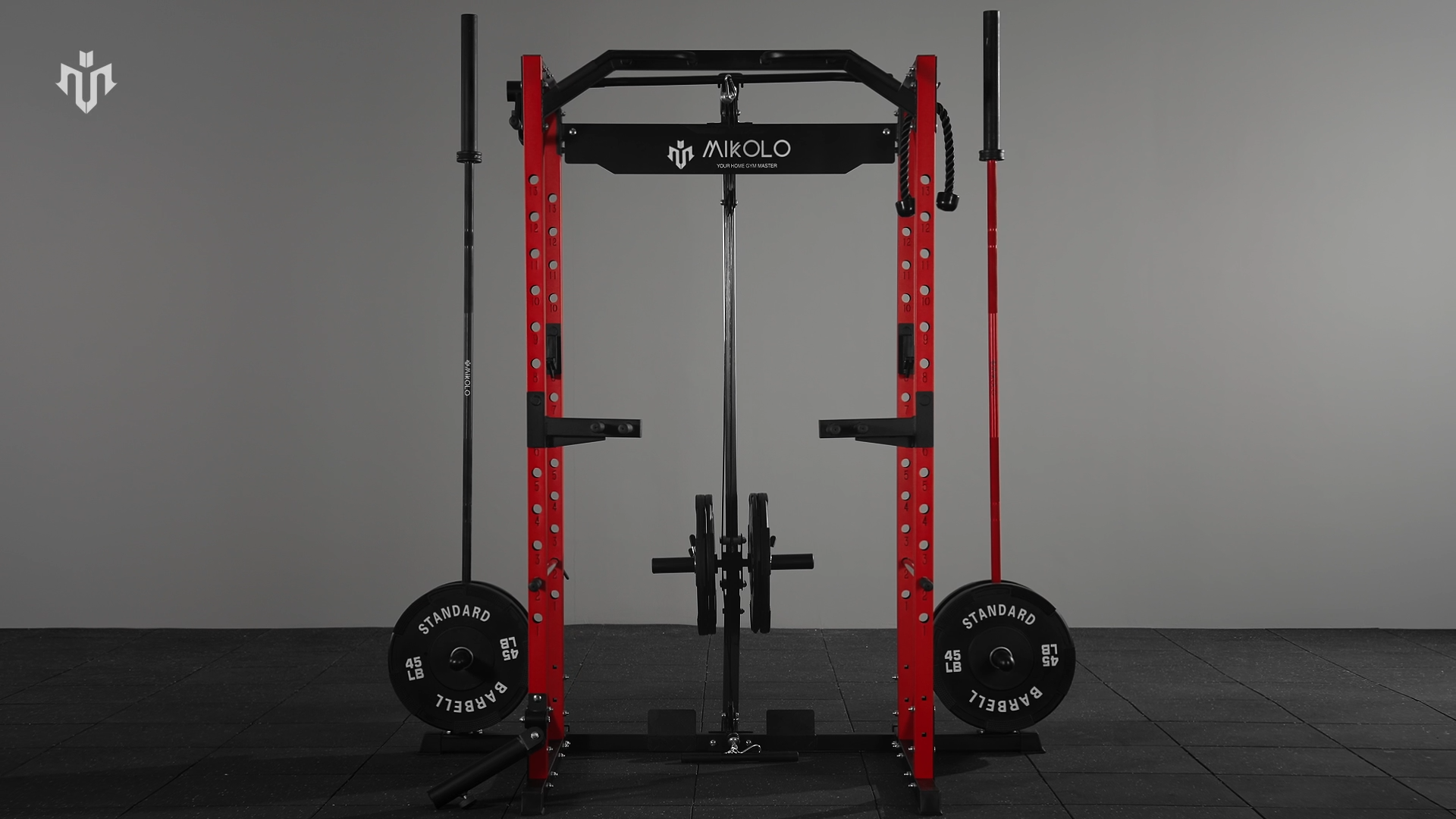When choosing cable machines, you might take two main types into consideration: weight plates and weight stack. At first glance, they might seem similar, but the choice between them can significantly impact your workout experience and the machine's versatility.
So, what sets them apart? Weight plate-loaded machines let you add conventional weight plates as required, offering flexibility in weight selection. On the other hand, weight stack machines come with an integrated weight system, where the weights are fixed and part of the machine, limiting the ability to customize the load.
Weight Capacity Considerations
Typically, weight plate-loaded machines boast a higher weight capacity, reaching up to 200kg in some models like those from CORTEX. Conversely, weight stack machines usually offer a lower maximum weight limit, with models like CORTEX's FT40 capping at 180kg, though select models allow for an additional weight increment of 25kg. This difference may not be crucial for beginners, but seasoned athletes prefer the extensive range offered by plate-loaded machines to push their limits further.

Ease of Use
Weight stack machines are generally more straightforward, featuring a pin selection system for weight adjustment without leaving the machine, making them ideal for beginners or those seeking a hassle-free workout. In contrast, plate-loaded machines require manual loading and unloading of weights, which can be more time-consuming and may necessitate a broader selection of plates for a comprehensive workout range.
Maintenance and Durability
Plate-loaded machines tend to be simpler in design, necessitating less maintenance over their lifespan. With their more complex and moving parts, weight stack machines might demand more regular care and troubleshooting, potentially complicating maintenance efforts.
Cost Efficiency
While weight plate-loaded machines may initially seem more cost-effective, especially if you already own a set of weight plates, the cumulative cost of the machine and a full set of plates can exceed that of a standalone weight stack machine. However, the versatility of using the plates for various exercises might justify the investment for those building a more extensive home gym.

Safety Features
Safety is paramount with any fitness equipment. Plate-loaded machines can pose a risk when changing weights, with the potential for dropped plates or mishandling. Weight stack machines, often featuring secure and integrated weight systems, might offer a safer alternative for those concerned about these risks.
Conclusion
Both weight plate-loaded and weight stack machines are excellent choices for enhancing your fitness regimen, each offering unique benefits tailored to different user needs and fitness levels. A plate-loaded machine might be ideal for those seeking versatility and having space for a comprehensive setup. Conversely, weight stack machines offer convenience and safety for those prioritizing ease of use and maintenance. Hybrid options, like the SM-20 Smith Machine, which combines both systems, might also be worth considering for a tailored workout experience that meets specific fitness objectives.












































Leave a comment
This site is protected by hCaptcha and the hCaptcha Privacy Policy and Terms of Service apply.